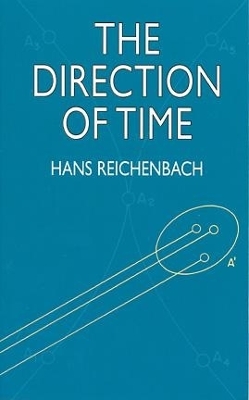California Library Reprint S.
1 primary work • 2 total works
Book 1982
Internationally known for his work in the theory of probability, symbolic logic, analysis of space and time, and philosophical problems of quantum physics, Hans Reichenbach (1891-1953) was one of the twentieth century's most incisive philosophers of science. In this, his last book, first published in 1956, he brought all his previous research and insight to bear on the most intractable and intriguing problem in physics: the elusive nature of time. This far-sighted work of philosophy illuminates the metaphysical questions with which contemporary researchers in cosmology and particle physics must contend.
Arguing as he did throughout his career that developments in scientific knowledge must influence philosophy, Reichenbach shows how completely the Kantian a priori and many of our most basic intuitions about the structure of space and time are undermined by twentieth-century physics. He shows how the philosophical understanding of time is necessary to understanding contemporary problems of cosmology.
This new edition of The Direction of Time, published in the year of Reichenbach's centennial, includes an introduction by Hilary Putnam, one of Reichenbach's most eminent students, describing the metaphysical assumptions and arguments embedded in Reichenbach's philosophy, and their importance for the development of contemporary philosophy pf science.
Arguing as he did throughout his career that developments in scientific knowledge must influence philosophy, Reichenbach shows how completely the Kantian a priori and many of our most basic intuitions about the structure of space and time are undermined by twentieth-century physics. He shows how the philosophical understanding of time is necessary to understanding contemporary problems of cosmology.
This new edition of The Direction of Time, published in the year of Reichenbach's centennial, includes an introduction by Hilary Putnam, one of Reichenbach's most eminent students, describing the metaphysical assumptions and arguments embedded in Reichenbach's philosophy, and their importance for the development of contemporary philosophy pf science.

